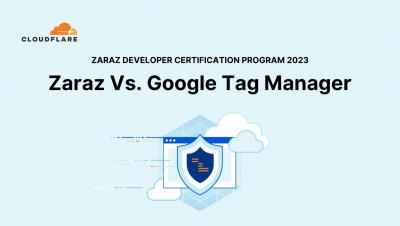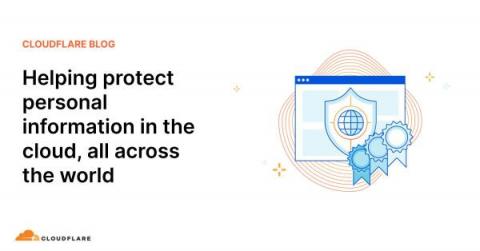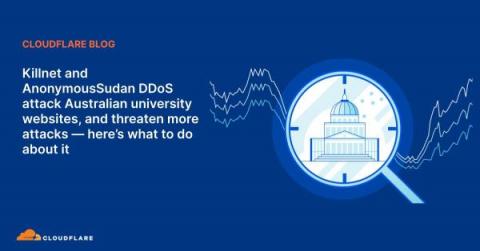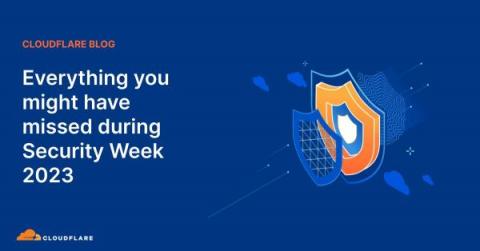Security | Threat Detection | Cyberattacks | DevSecOps | Compliance
Cloudflare
5 - Zaraz Web API
6 - Zaraz Vs Google Tag Manager GTM
7 - How to Configure Zaraz
8 - Advanced
Helping protect personal information in the cloud, all across the world
Cloudflare has achieved a new EU Cloud Code of Conduct privacy validation, demonstrating GDPR compliance to strengthen trust in cloud services.
Killnet and AnonymousSudan DDoS attack Australian university websites, and threaten more attacks - here's what to do about it
Over the past 24 hours, Cloudflare has observed HTTP DDoS attacks targeting university websites in Australia. Universities were the first of several groups publicly targeted by the pro-Russian hacker group Killnet and their affiliate AnonymousSudan, as revealed in a recent Telegram post. The threat actors called for additional attacks against 8 universities, 10 airports, and 8 hospital websites in Australia beginning on Tuesday, March 28.
Cloudflare Cache Reserve Walkthrough and Demo
Everything you might have missed during Security Week 2023
Security Week 2023 is officially in the books. In our welcome post last Saturday, I talked about Cloudflare’s years-long evolution from protecting websites, to protecting applications, to protecting people. Our goal this week was to help our customers solve a broader range of problems, reduce external points of vulnerability, and make their jobs easier. We announced 34 new tools and integrations that will do just that.
Account Security Analytics and Events: better visibility over all domains
Cloudflare offers many security features like WAF, Bot management, DDoS, Zero Trust, and more! This suite of products are offered in the form of rules to give basic protection against common vulnerability attacks. These rules are usually configured and monitored per domain, which is very simple when we talk about one, two, maybe three domains (or what we call in Cloudflare’s terms, “zones”).











